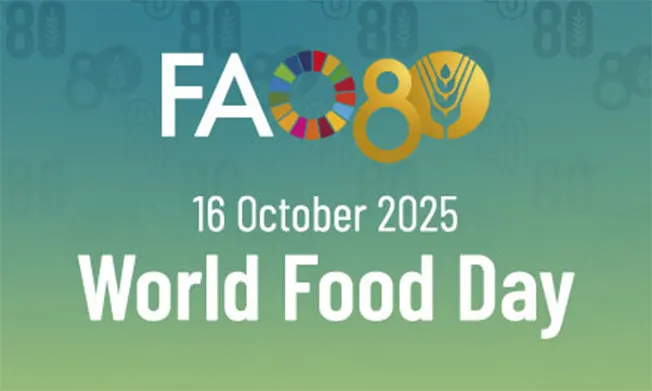Similarly, longtime environmental campaigner, lawyer Awula Serwah of the Eco-Conscious Citizens organisation, in a recent interview with 3News, drew attention to the alarming health and environmental consequences of galamsey, including rising kidney disease cases, premature deaths, birth deformities, and poisoned water bodies.
According to her, over 60 percent of Ghana’s water bodies have been contaminated by mining activities.
She cited figures from the Korle Bu Teaching Hospital, which has recorded a fourfold increase in kidney disease cases, as evidence that the crisis is spiraling.
With vivid imagery, she stated: “The house is burning, and we are waiting for it to be reduced to ashes before we act. Water is life.” She summed it up thus: “We will not die if we don’t have gold, but we will die without water.”
For its part, the Trades Union Congress (TUC) last week issued a strong warning that Ghana could soon face a nationwide water shortage if the government fails to take decisive action to halt galamsey.
The union raised the alarm during a fact-finding mission to assess the state of water treatment plants in the Kwanyako, Brim, and Akyem areas of the Central and Eastern Regions.
Speaking to JoyNews, the TUC Secretary-General, Joshua Ansah, described the situation as “deeply troubling.”
He called on President John Mahama to declare a state of emergency to confront the illegal mining crisis head-on, warning that the TUC will be compelled to take “a drastic decision” if the government fails to act.
“Galamsey must stop, and it must stop now,” Mr Ansah stressed.
It was gratifying to learn last month that “the Government has declared all water bodies and forest reserves as security zones in the latest measure to root out illegal mining in the country,” as announced by Minister for Lands and Natural Resources, Mr. Emmanuel Armah-Kofi Buah.
It’s also encouraging that there is a “National Anti-Illegal Mining Operations Secretariat (NAIMOS), a special-purpose unit established under the Ministry of Lands and Natural Resources “to coordinate, monitor, and lead intelligence-led field operations against illegal mining (galamsey) activities across Ghana.”
However, how effective can these measures be, against the recalcitrant galamsey operators, some of them, fellow Ghanaians assisting foreigners; and well-armed too, to resist any challenge to their illegal mining?
Should they be allowed to endanger all of Ghana? They demonstrate their infuriating audacity, pepper-in-wound defiance, in videos posted online, posing for the cameras with impunity.
There is an argument that unemployment is the reason for the rise in illegal mining, but since when has unemployment become an acceptable excuse for crime?
Remarkably, despite the long and growing list of organisations calling for a SoE, President Mahama has declared his reluctance to do that, it should be only as “a last resort” – though his party, the National Democratic Congress while in opposition had been strongly championing the need for a SoE.
What I must have missed somehow is their explanation for the change of mind, the present-day opposition to declaring a State of Emergency.
Anyhow, to my mind, the fight has to be an all-out offensive, with chiefs, youth and communities too in the forefront, to complement other measures. For us in Ghana, the WFD theme must relate to ensuring potable water and safe foodstuffs, free from galamsey poisons, for our better future.
And, in my opinion, Ms Serwah’s compelling message is good enough to serve as a slogan for a national call to action: “We will not die if we don’t have gold, but we will die without water.”
By Ajoa Yeboah-Afari


